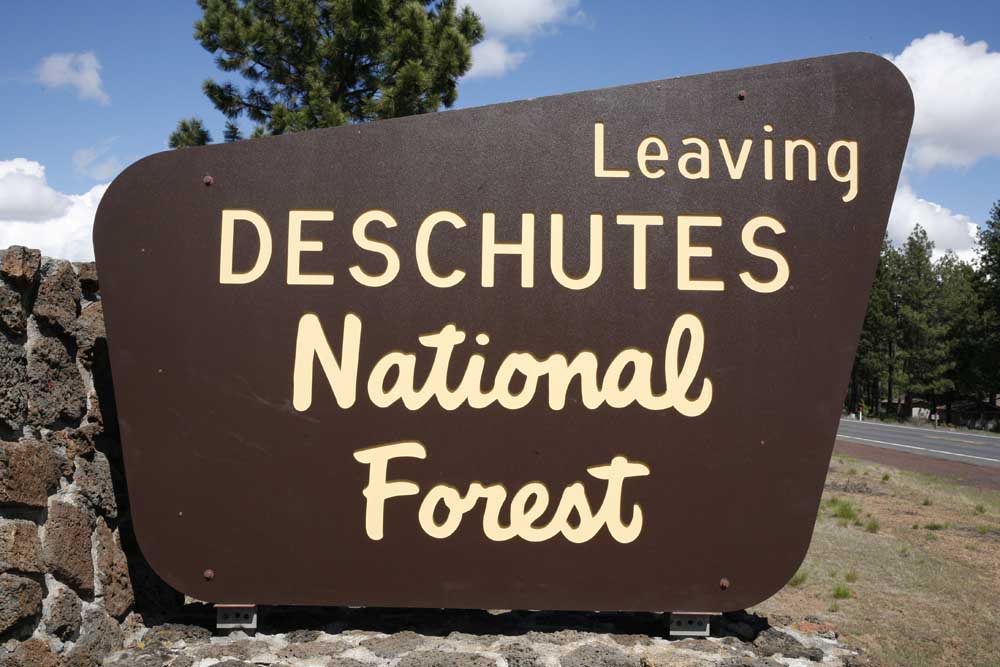Editorial: Plan would drive people off of public land
Published 12:00 am Wednesday, April 25, 2018

- (Dean Guernsey/Bulletin file photo)
Outdoor recreation is an economic engine supported by access to federal land. It’s a multibillion-dollar industry that Central Oregon has thrived on, replacing the logging of the past.
But a new proposal from the U.S. Forest Service drops an anti-people bomb on the wilderness. The Forest Service is proposing strategies to dramatically limit access to wilderness areas in Central Oregon. Instead of the easy, free access available now, expect trailhead quotas and fees.
Trending
It’s the wrong answer.
The Forest Service argues it must do something because of impacts on the wilderness areas from people. It says there are too many people and visitor traffic is trending upward. Too many people litter, it says. They don’t properly dispose of human waste.
Any determination that there are too many people is a judgment. There is no objective standard. Different people disagree about what’s a reasonable expectation for a wilderness area a quick drive from Bend. We can’t argue with the littering problem or the human waste. Anyone who hikes trails along the Cascade Lakes Highway can likely see that on the most popular trails.
It’s impossible to make an informed judgment about the Forest Service’s proposed alternatives. That’s because it is not saying what the fees will be. When we asked, it provided examples in other areas of fees from $10 or $20 per permit. Will that be per person or per group? How can people judge the idea of this permit system without knowing the fees? Is this going to place the wilderness out of the reach of people with low incomes?
To be fair, it’s not the Forest Service’s fault that it can’t roll out fee proposals at the same time it proposes management strategies. Federal law dictates that the process to determine fees is separate from determining limits to public access. But that doesn’t make it right to ask the public to decide if a strategy is good without necessary information.
The overriding issue is the Forest Service has just not tried hard enough to increase enforcement. “We feel like we have done what we can,” Jean Nelson-Dean, a spokeswoman for the Deschutes National Forest told us. In the last seven years, it has increased the number of wilderness rangers from three to five employees. It has also supplemented that with occasional volunteers, which has grown from zero to 21 volunteers in the last three years. That’s inadequate to manage visitors in a vast and popular wilderness.
Trending
Instead of nuking people out of the wilderness, the Forest Service should first make a reasonable effort to enforce its regulations.








